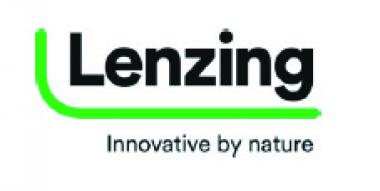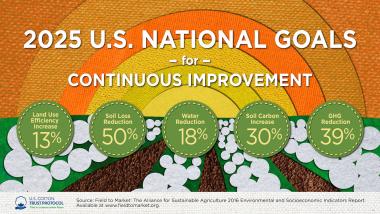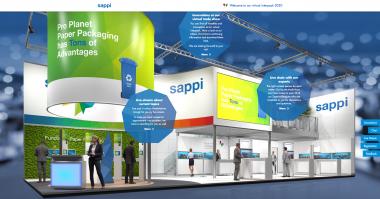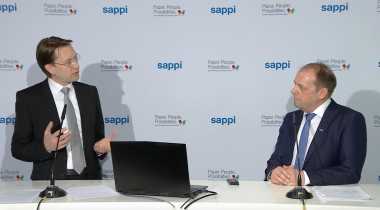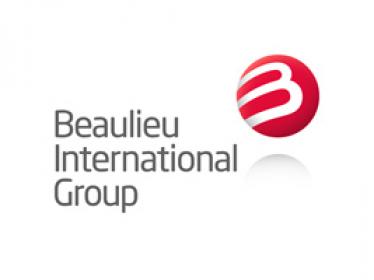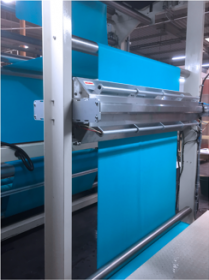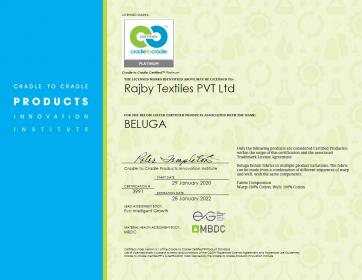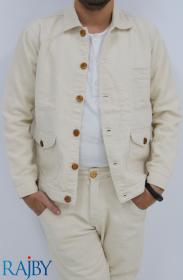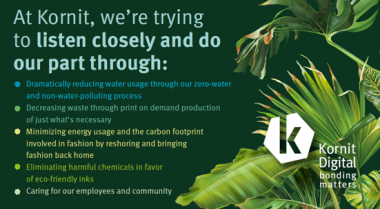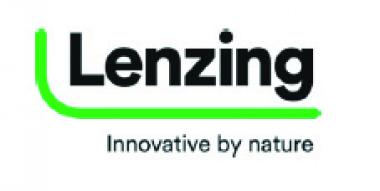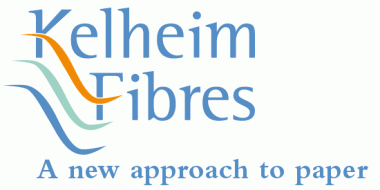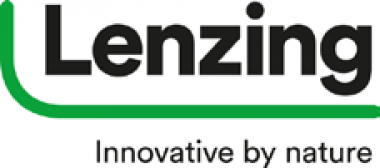Devan lauded by Frost & Sullivan
Belgian textile innovator Devan Chemicals was lauded by Frost & Sullivan for its antimicrobial technology with proven quaternized silane chemistry, known under its trade name as BI-OME®.
RONSE, BELGIUM – The non-leaching attributes of the technology coupled with its ability to reduce microbial mutation make it a potential candidate for textiles where durability and safe human contact are highly valued.
Based on its recent analysis of the European antimicrobial technology for the textile market, Frost & Sullivan recognizes the Belgium-headquartered Devan Chemicals NV (Devan) with the 2020 European Technology Innovation Leadership Award. Devan’s highly relevant antimicrobial technology addresses issues concerning the contamination of PPE and textiles, including the spread of drug-resistant bacteria, viral transmissions, and hospital-acquired infections (HAIs). Its quat-silane technology, due to its non-migrating behaviour, physically punctures the microorganism cell to destroy it without interfering with cell DNA. Notably, it eliminates the adverse effects of leaching antimicrobials while providing high efficiency in the range of 99.9 percent to 99.99 percent, even after multiple washes.
"By providing non-migrating antimicrobial technology for the textile industry, Devan plugs the safety and performance gaps inherent in current inorganic and organic antimicrobial agents. Its antimicrobial technology, unlike silver- or triclosan-based technology, comprises non-migrating monomers and prepolymers such as organo-functional silane," said Monami Dey, Industry Manager, Frost & Sullivan. "The organo-silane polymers are covalently bonded and polymerized to the textile surface as a coating via padding, exhaust, and spraying techniques. The coating forms a non-leaching reactive surface and destroys the microbes on contact, without releasing harmful components into the environment."
Devan CEO Sven Ghyselinck is very happy with the award: “The best practice award is a nice recognition of the hard work we did in the last 6 months to evaluate the performance against viral activity. It’s great to see our efforts didn’t go unnoticed.”
Earlier this month Devan published new test results confirming the high performance virus-reducing capabilities of its BI-OME fabric coating technology on both unwashed and intensely washed fabrics. The Belgian company has worked closely with a series of international third party laboratories to test different fabric substrates against a wide range of enveloped viruses. Before washing, samples treated with Devan BI-OME score very good to excellent (99% and higher according to ISO 18184) results on virus reduction. Different substrates, like polyester, cotton and polycottons, were exposed to enveloped viruses like SARS-COV-2 (known to cause COVID-19), Feline Corona, Vaccinia (the EU standard for enveloped viruses) and Porcine Respiratory viruses. After 30minutes, BI-OME already reduced 99.96% of the activity of SARS-COV-2.
After washing, a decrease in virus reduction performance of coating technologies is normal and expected. However, BI-OME is confirmed to deliver only a minimal reduction, retaining up to 98.5% virus reduction even when the fabric is washed 25 times.
"Devan is working towards sustainability and green chemistry. For instance, its technology does not contain any harmful solvents such as formaldehyde or polychlorinated phenols and fulfills the regulatory obligations of the EU BPR," noted Dey. "Its commitment to promoting sustainability in textile finishes with a strong focus on GMO-free, kosher, as well as halal certifications, and recyclability has given the company an edge in launching new products at an accelerated pace to match customers’ most pressing concerns and demands."
One of those innovations is BI-OME NTL (natural), a natural, bio-based antimicrobial solution that guarantees an optimal freshness and hygiene for textiles. The active ingredient is the well-known Linseed oil, obtained from the dried, ripened seeds of the flax plant. The active ingredients in BI-OME NTL are GMO free, Halal, Kosher and recyclable.
Devan Chemicals NV















